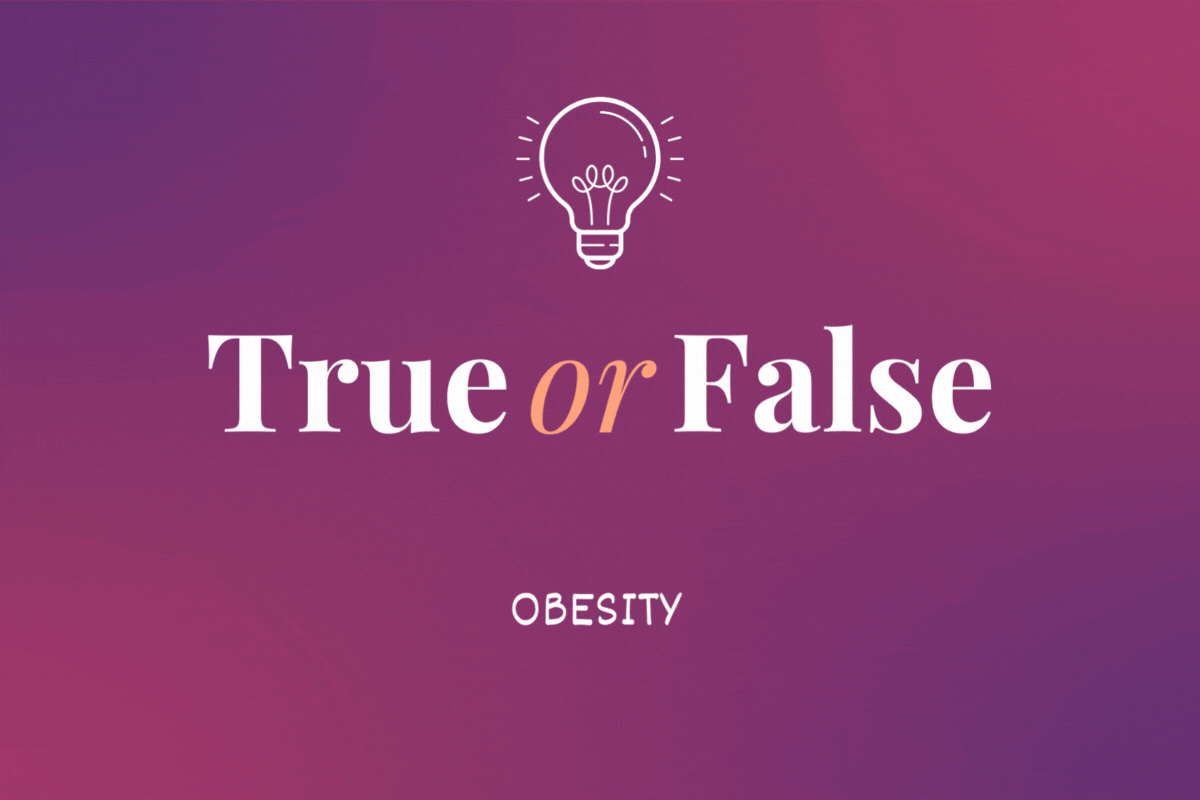Obesity is so common in the United States that nearly half (4 out of 10) American adults live with the disease, which can pose serious health risks and lead to premature death.
Many people living with obesity face discrimination or poor treatment in the workplace.
Employers can help reduce stigma, improve working environments for people with obesity, and make sure employee benefits cover medically necessary treatments and programs. Covering treatments for obesity can not only improve the health and well-being of employees, but it can also reduce company healthcare costs.
Employees can also play a role by advocating for their needs and for a workplace built on fairness, compassion and respect.
Here’s how to address obesity and related health insurance coverage in the workplace:
Employers

How to talk about obesity
- Do say: People living with obesity.
- Don’t say: Obese people, fat people or overweight people.
How to think about obesity
- Do recognize that obesity is a disease, not a character flaw or lifestyle choice.
- Don’t assume that workers living with obesity are unmotivated or unprofessional.
- Do recognize that, for some people, diet and exercise are not enough to lose weight. Medications or surgery may be necessary.
How to communicate with employees living with obesity
- Do be respectful, compassionate and open.
- Don’t dismiss people’s concerns.
- Don’t judge or mock people’s experiences or appearance.
What you can do to support people living with obesity
- Don’t leave employees to figure out the benefits on their own.
- Do learn the details of the company’s coverage for obesity treatment.
- Do advocate for benefits that support people living with obesity:
- Anti-obesity medications
- Diet and nutrition programs
- Weight-loss surgery
- Prescription digital therapies
- Obesity specialists
- Exercise programs
- Mental health professionals, nutritionists and dietitians
- Don’t go it alone. Tap into resources for employers:
Employees

How to advocate for health benefits not covered by insurance
- Tell your employer what coverage would help you manage your disease:
- Anti-obesity medications
- Surgery
- Programs or interventions
- Obesity care specialists
Read: Dear Employer: How to Ask for Obesity Care Insurance Coverage
- Calculate your out-of-pocket costs. Let your employer know where your health insurance benefits fall short and what that costs you.
- Share healthcare provider recommendations for treatments and programs and ask your employer to add them to the benefits package for everyone.
- Find more information you can use to advocate for coverage of obesity care:
- Facts about obesity from the CDC
- Information about causes of and treatments for obesity from Mayo Clinic
- Information about obesity treatments from the Obesity Action Coalition
- Typical costs of weight-loss surgery from Money.com
- Tips for reviewing your health insurance policy for obesity coverage from the Obesity Action Coalition
- Talking points and tips from the Obesity Medicine Association
- Resources from Obesity Care Week
- Fast facts about obesity from STOP Obesity Alliance
- Information about coverage for weight-loss medications from Becker’s Payer Issues
- Information about participating in clinical trials from the National Institutes of Health
This educational resource was created with support from Eli Lilly and Company.







